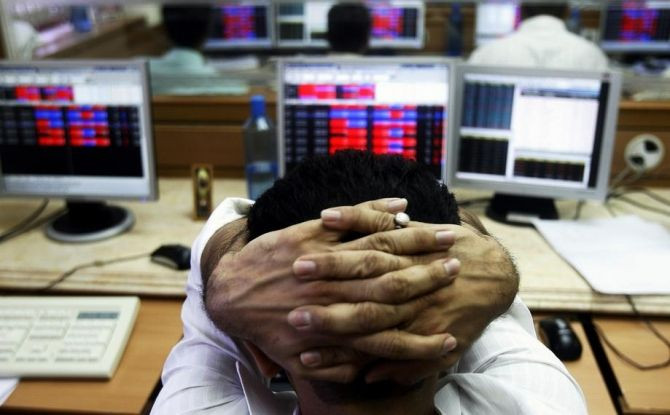Psychologists: A Little Support from Employers Significantly Minimizes Worker Absenteeism

Emotional and instrumental support from a worker’s supervisor may be the best medicine for worker productivity, and can be beneficial in reducing the number of sick days taken by employees, according to a new psychological study.
Previous studies have shown that workers who experience stress at the workplace because of things like high job demands or low control are more likely to develop psychological strains that are often manifested into physiological symptoms like headaches, stomach aches and fatigue, where individuals relieve by taking time away from work to recover.
Study author Dr. Michal Biron of the University of Haifa's Graduate School of Management noted that the U.S. is losing roughly $225.8 billion per year due to absenteeism.
Biron and his research team sought to determine what “interpersonal workplace dynamics” influence employee “burnout” symptoms and whether those dynamics had an effect on when the individual ultimately takes sickness leave to recover.
Researchers examined a group of 241 in a manufacturing enterprise in China. They explained that because there is a significant distance between the supervisor and employee in China, the country was particularly well-suited for researchers to examine the link between supervisor support and absenteeism.
Scientists asked the workers to report on common somatic symptoms, like headaches or muscle soreness that they experienced over the last month and to indicate how often their supervisor provided them with emotional and instrumental support once they experienced physical symptoms of stress.
Supervisors and employers provided researchers with data on sickness absence.
The study found that support from a supervisor when an employee experienced physical symptoms of stress made a significant difference on worker absenteeism.
When supervisors offered support like giving workers a lightened work load or stress management training, workers were less likely to take sick leave because the worker felt more inclined to reciprocate the supportive treatment by maintaining their work effort.
"The worker who is given this sort of support is more likely to overcome the somatic stress and continue to work productively, leaving recovery for the normal after-work hours when we recharge our batteries," explained Biron in a statement released on Monday.
Although a worker who develops somatic symptoms of stress but lacks support from the boss might stay at work out of fear for his or her position, the research showed that this worker is also less likely to be able to recover from their symptoms and will need more sickness absence in the future.
Researchers concluded that co-worker support early on when the employee begins to experience workday stress also played a significant role in offsetting the physical effects of stress, thereby reducing the possibility of developing the need for sickness absence.
"We see from this study that employers can provide concrete support for employees experiencing somatic stress symptoms, but can also encourage co-workers to support one another in the first place and minimize the effects triggered by their workload," Biron explained.
"With the enormous economic losses due to absenteeism and with this still being a poorly understood phenomenon, the results of this new study are shedding light on those factors influencing sickness absence and which can be considered in the effort to reduce the losses without compromising work ethic and commitment," Biron concluded.
The findings will be published in the European Journal of Work and Organizational Psychology.
Published by Medicaldaily.com



























